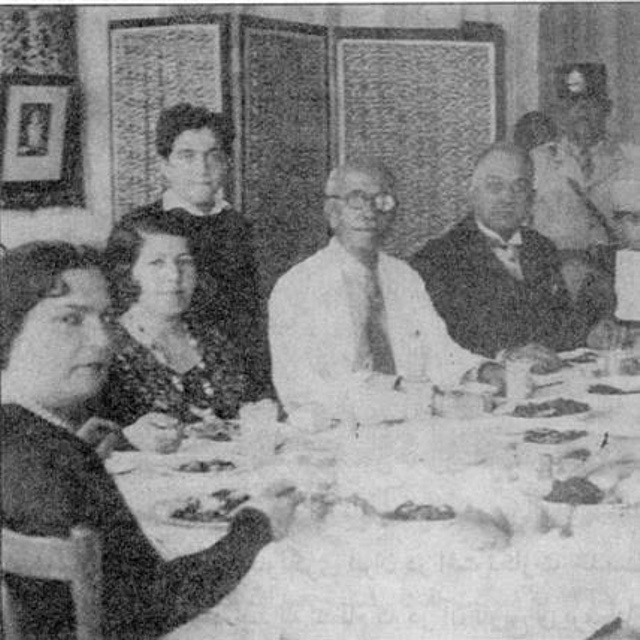During periods of hardship — for example if the family needed to rent rooms or accept boarders to make ends meet — she would have become adept at maintaining dignity and social reputation while stretching scarce resources. These experiences often produce a blend of resilience, thrift, and discreet social maneuvering. Aristocratic Qajar women maintained influence through family networks rather than formal power. Afsar-al-Moluk’s value would have been partly in her genealogical connections: introductions she could make for her sons, marriages she could facilitate, and social placement within Tehran’s (and the diaspora’s) elite.
Through kinship ties, she likely preserved beneficial links to other families in government, the professions, and the arts. Accounts indicate that in later life she experienced ill health; several sources suggest she was fragile near the time of decisive political events (notably the 1979 upheaval). There is a poignant detail in some biographies that, because of her bedridden condition, she was not told about her son Amir-Abbas’s execution — whether to spare her the anguish or because the family wished to protect her. That decision, if true, reflects how deeply the family weighed her well-being against grief and public knowledge.


